|
“Friday night’s attack in Moscow was nightmarish but sadly the horror is likely to be just beginning.”
That’s the assessment of Greg Barton, professor of Global Islamic Politics at Deakin University, whose analysis today seeks to unpack some of the key issues at stake in the aftermath of a major terrorist attack in Russia on Friday.
More than 133 people were killed and scores more injured after gunmen with automatic weapons stormed a concert hall in Moscow and opened fire. Islamic State has claimed responsibility and it has been widely reported the attack was carried out by Islamic State Khorasan (ISIS-K), the branch of the organisation established in 2015 in Afghanistan.
Today, Barton explains who this group is, why they might target Russia and what this grim development means for Russian President Vladimir Putin and the broader terrorism threat in the West.
The name might not be immediately recognisable in the West, but ISIS-K has been carrying out numerous large attacks in Russia, Afghanistan and Iran in recent years. In fact, the offshoot group has planned more than 20 attacks in nine countries in the past year alone, up from eight attacks the year before.
If ISIS-K is indeed responsible for the Moscow theatre shootings, Barton writes, we should prepare for further attempted attacks – not just in Russia but across Europe. “After five years of mostly operating in western Asia, the Middle East and Africa, these groups now pose a renewed threat to the West,” he says.
|

|
Justin Bergman
International Affairs Editor
|
|
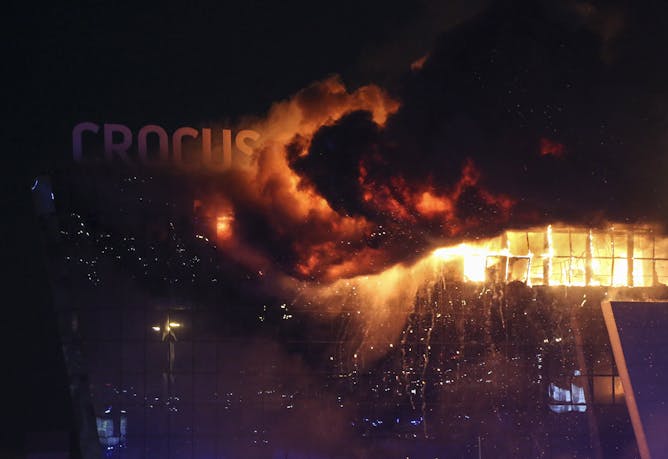
Greg Barton, Deakin University
After five years of operating mostly in western Asia, the Middle East and Africa, Islamist terror groups are again growing in strength in the West.
|
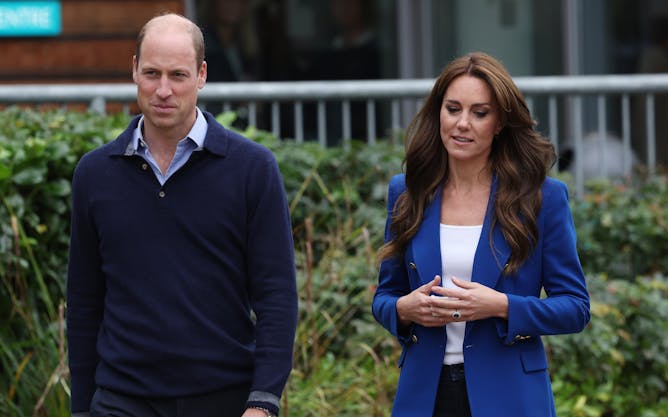
Ian Olver, University of Adelaide
Here’s what we know about this type of treatment.
|

Angel Zhong, RMIT University
The new retail giant will control more than 26% of the Australian pharmacy market.
|
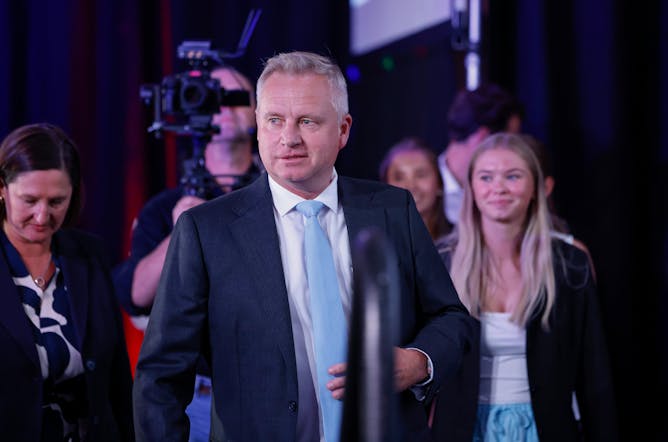
Robert Hortle, University of Tasmania; Richard Eccleston, University of Tasmania
Despite a swing against it, the Liberal party has likely won the most seats, but will fall short of a majority. While the vote counting will continue, the political fight is now to form government.
|
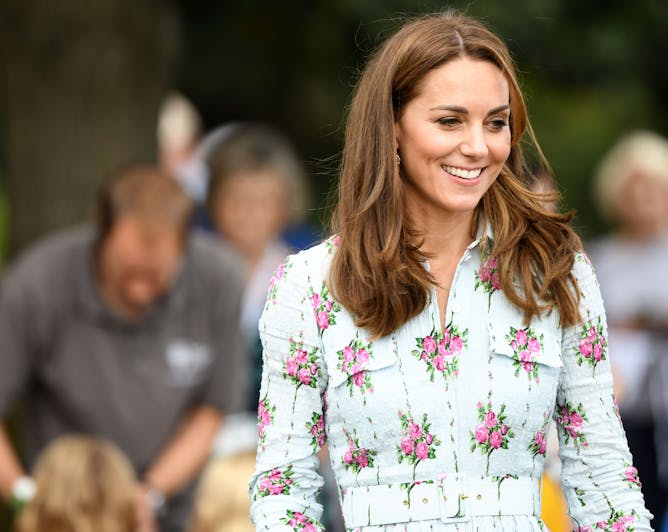
Gavin Metcalf, Anglia Ruskin University
Almost every family will be affected by a cancer diagnosis at some point – and the UK’s royal family is no different.
|
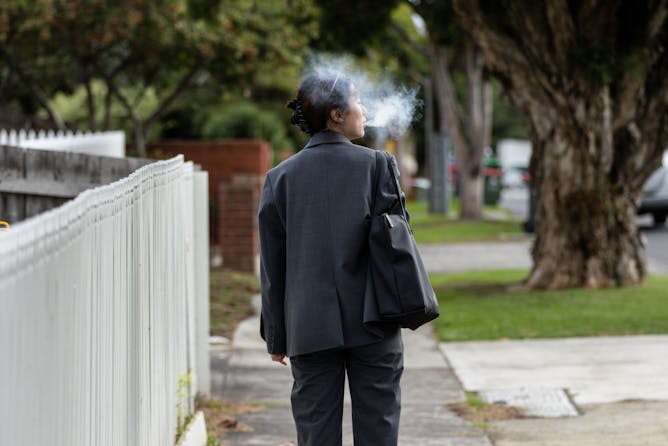
Carolyn Holbrook, Deakin University; Thomas Kehoe
Australia’s anti-smoking public health campaign has been hugely successful, and it offers lessons on how to tackle the rise in vaping.
|

Joyce Siette, Western Sydney University; Paul Strutt, Western Sydney University
Current methods of screening for dementia have a range of limitations. Using virtual reality for cognitive screening is still a new area, but it’s showing promise.
|
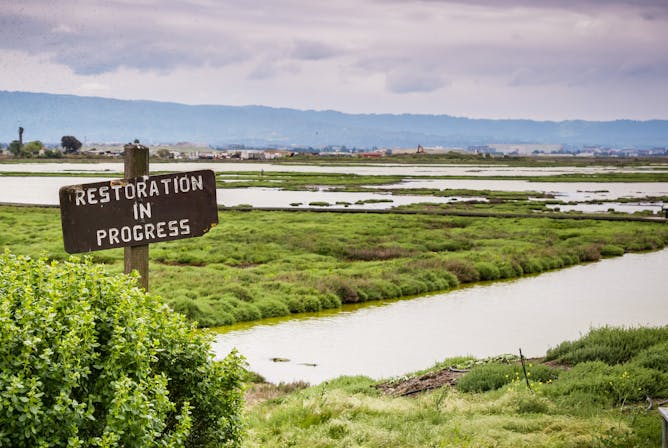
Justine Bell-James, The University of Queensland
Australia committed to restore 30% of degraded ecosystems by 2030 when we signed the global biodiversity framework. But what does that really mean? It’s open to interpretation. So let’s be ambitious.
|

Duane Hamacher, The University of Melbourne; David Bosun, Indigenous Knowledge
A lunar eclipse ceremony from the Torres Strait turns our understanding of the history of science on its head.
|
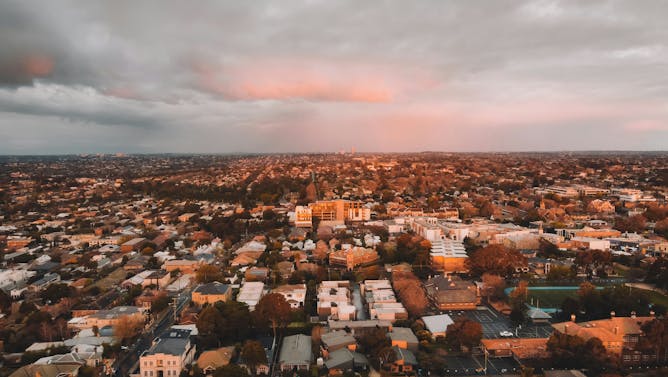
Elizabeth Baldwin, Grattan Institute; Brendan Coates, Grattan Institute
Governments need to follow through on what we know will work, not give in to the housing policy din.
|
Politics + Society
|
-
Grant Duncan, City, University of London
With voter confidence already low, the National-led coalition will have difficulty fulfilling pre-election promises while delivering a prudent budget in May.
-
Dan van den Hoek, University of the Sunshine Coast; Justin Holland, Queensland University of Technology; Paul Haines, Griffith University
Formula 1 drivers endure a barrage of physical and psychological demands - but what exactly do their bodies go through during a race?
-
Adrian Beaumont, The University of Melbourne
The polls are favouring the Liberals for Saturday’s state election, but whether they could govern in their own right is far less clear.
-
James Laurenceson, University of Technology Sydney
Differences between Australia and China will remain, but both foreign ministers this week stressed the need to manage them better to avoid another diplomatic freeze.
-
Michelle Grattan, University of Canberra
The Albanese government in its yearly submission to the Annual Wage Review will argue that real wages of low paid workers do not go backwards.
-
Adrian Beaumont, The University of Melbourne
Hours into the count in the Tasmanian election, the state can expect a hung parliament. Meanwhile, Labor is succeeding in a South Australian state byelection.
|
|
Health + Medicine
|
-
Andrew Cashin, Southern Cross University
Some people describe themselves as having Asperger’s disorder, while others call themselves autistic. But is there a difference?
|
|
Science + Technology
|
-
Amelia Johns, University of Technology Sydney; Emily Booth, University of Technology Sydney; Francesco Bailo, University of Sydney; Marian-Andrei Rizoiu, University of Technology Sydney
New research shows that even after Facebook made changes to stem the tide of dangerous pandemic misinformation, some accounts continued to thrive.
|
|
Environment + Energy
|
-
Eric Vanderduys, CSIRO; Adam McKeown, CSIRO; Chris R. Pavey, CSIRO; John Martin, University of Sydney; Peter Caley, CSIRO
Ten years of data from Australia’s comprehensive national flying-fox monitoring program reveals the grey-headed flying fox (fruit bat) population is stable. It’s good news for this threatened species.
|
|
Arts + Culture
|
-
Alison Blair, University of Otago
Steve Harley, who died last week, deserves greater recognition for his contribution to the glam-rock genre and to music in general.
|
|
Books + Ideas
|
-
Archie Thomas, University of Technology Sydney; Jessica Gerrard, The University of Melbourne
We don’t ban queer teachers in public schools anymore, but it’s still allowed in some religious private schools – which the new Law Reform Commission report wants to address. What can history teach us?
|
|
| |
|
|
|
The Conversation AU
Melbourne VIC, Australia
•
Full Time
|

|
|
University of Wollongong
Wollongong NSW, Australia
•
Full Time
|

|
|
|
|
| |
| |

|
| |
| |
| |
Featured Events, Courses & Podcasts
|
View all
|
|
|
|
| |
| |
| |
| |
| |
|
|